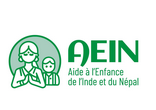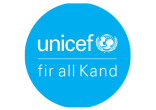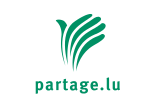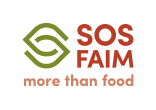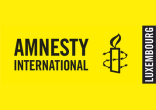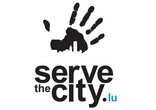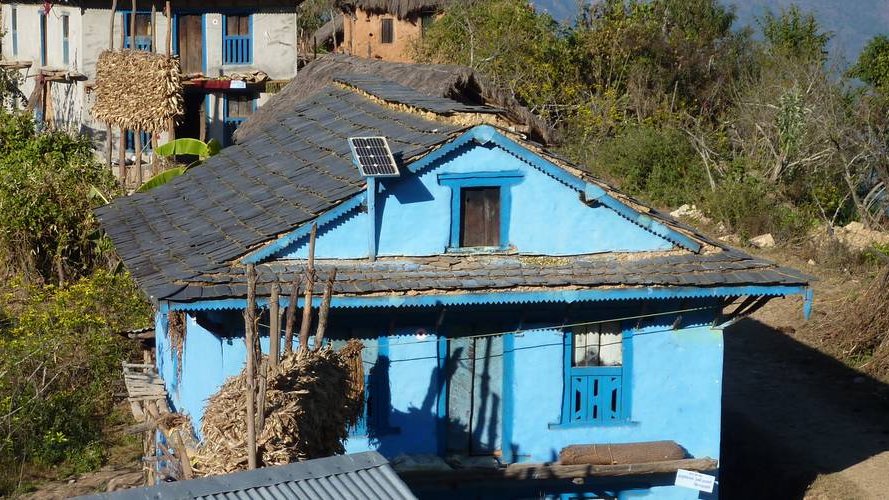
A Happier Village, an Eco-Village
How traditional villages in Nepal have been transformed into Eco-Villages by AEIN.
Salyan District, Nepal. At first glance, it might look like just another mountainous zone in Nepal. But scratch the surface and it’s true status shines bright. Salyan is far from traditional, in fact, it’s more modern than many bustling big cities of our planet.
Salyan District is home to five ‘eco-villages’. But what exactly is an eco-village ? An eco-village is a rural settlement where all members of the village community commit to sustainable manage locally available resources. In addition, basic human rights are given utmost priority, resulting in a village that is not just agriculturally advanced but also socially and culturally balanced.
Just as Rome was not built in a day, Salyan too, did not get it’s eco-status overnight. Aide à l’Enfance de l’Inde et du Népal (AEIN)’s efforts of working with individuals, households and communities paid off after 6 extensive years of turning five traditional villages into sustainable ones.
AEIN’s objectives for Salyan were :
- To improve the economic conditions and livelihood status of poor communities and women through better
- agriculture-based livelihood systems and vocational trainings.
- Teach farmers organic commercial farming skills and sustainable agriculture.
- Build awareness on issues related to child marriage, child labour and children’s and women’s rights, thereby
- improving social structures and systems.
- Raising awareness on women’s health, sexual & reproductive health and providing counselling services so that
- gender-based violence would be reduced.
- Improving the overall health conditions of the people
After six years, 35000 people from the poorest and marginalised communities have directly or indirectly benefitted from AEIN and their local partner WOREC’s project.
Agricultural productivity has improved considerably with 95% of families having enough food, vegetable, fruit and cereal crops for their own consumption. 1500 families have begun organic kitchen gardens. Moreover, farmers now use quality vegetable seeds, organic compost and are better equipped with the formation and support of agriculture cooperatives.
Farmers have learnt bio-intensive and technology-led agro-skills to improve sustainability and yield with minimum impact on resources. Orientation sessions and detailed trainings were given on potato chips making & processing, cardamom cultivation & processing, dairy production, health & hygiene, fruit farming & horticulture management, seasonal & off-seasonal vegetable farming and treatment support of livestock. Additionally, farmers were also given business planning sessions for vegetable farming, given exposure & learning by visiting other model farms in the
country, and cooperatives were given strategy and institutional development.
Farmers are learning the importance of locally available resources with the concept of One village One production getting popular. Five pocket areas of fruits and cash crops in five villages have been developed ; lemon, pomegranate, and turmeric in Tharmare, Mango and Pineapple in Majhkanda, Cardamom and Walnut in Shivrath, Orange, Pomegranates, and Lemon in Dhakadam and Sichuan Pepper and Orange in Kupindedaha villages.
Women have started growing vegetables commercially and are more empowered to make economic and social decisions. The youth and women have been trained in other income-generation activities such as sewing & cutting, turmeric powder processing and commercial vegetable farming.
There is widespread awareness on natural conservation and climate change. Clean drinking water is available and spring water resources have been conserved.
More than 3000 women have received health services and 1000 women came forward to seek counselling services, reducing future domestic violence.
Social issues like child marriage has reduced considerably and there is more awareness about sexual and reproductive health. 5 eco-clubs in schools have been formed to raise awareness on child rights, early marriage and environment conservation.
More food supplies, a better economy, healthier people and improved basic rights for all : a happy village, a secure village, an Eco-Village.
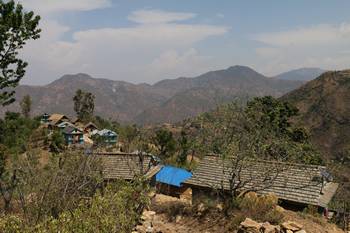
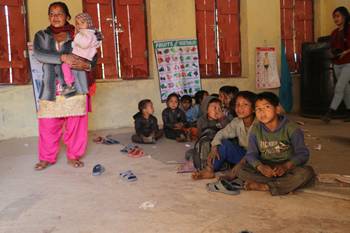
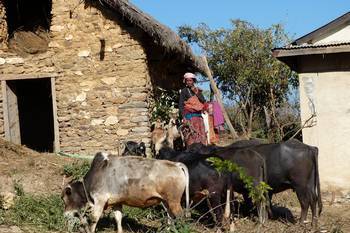
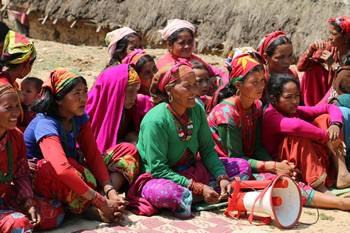
Salyan, An Eco-Village :


